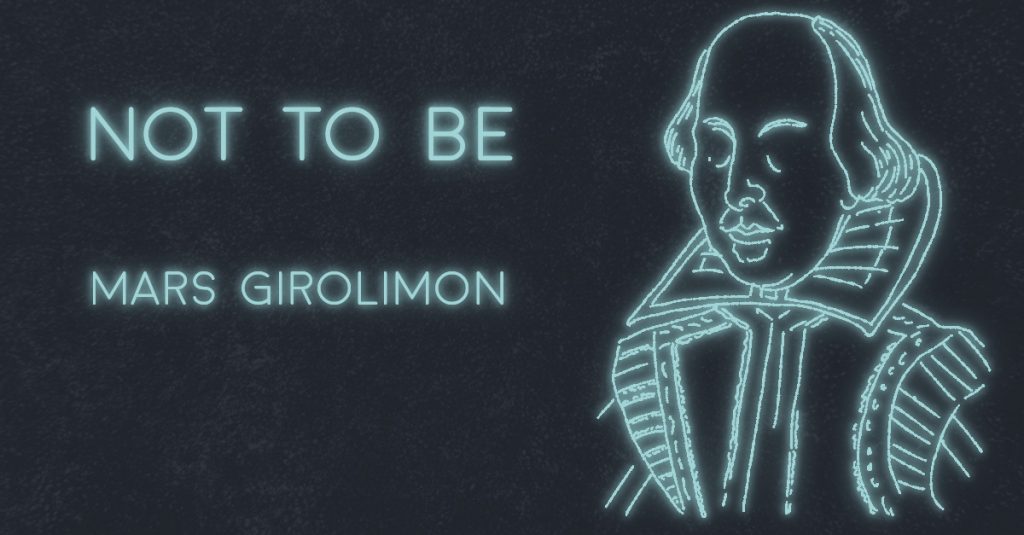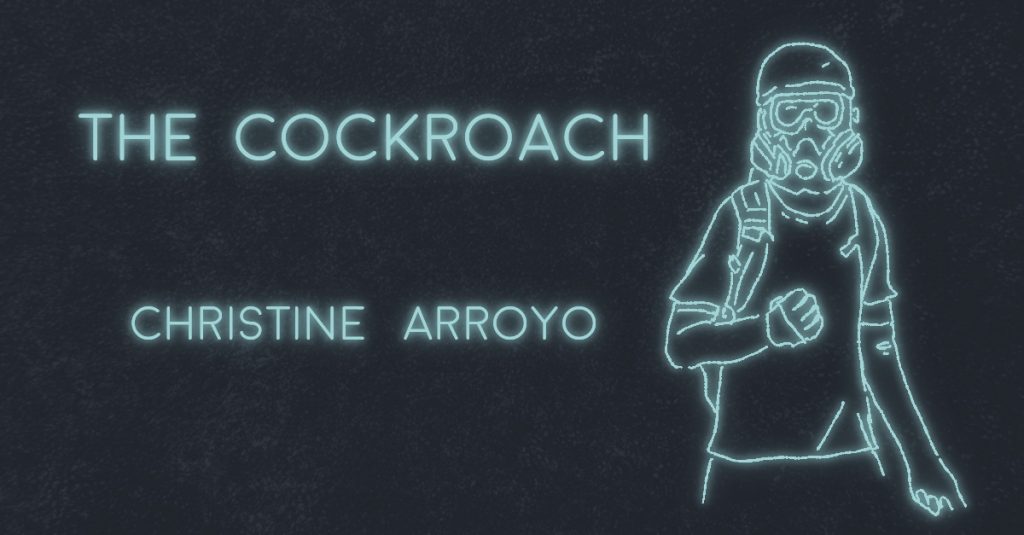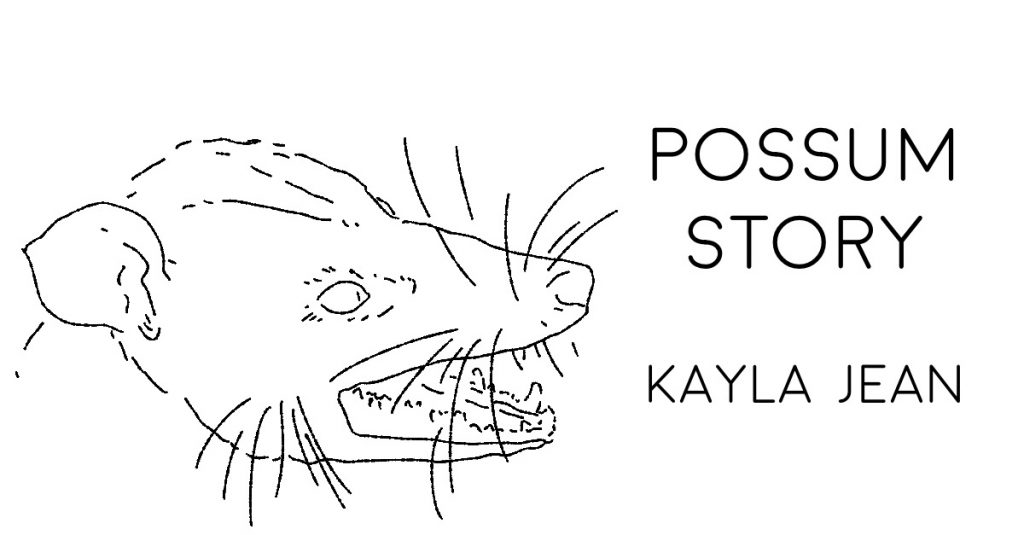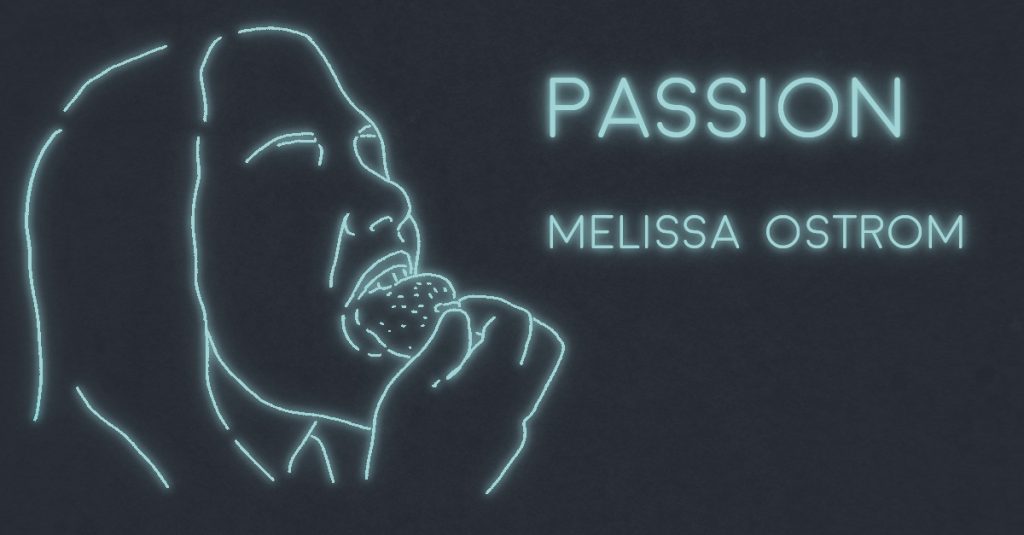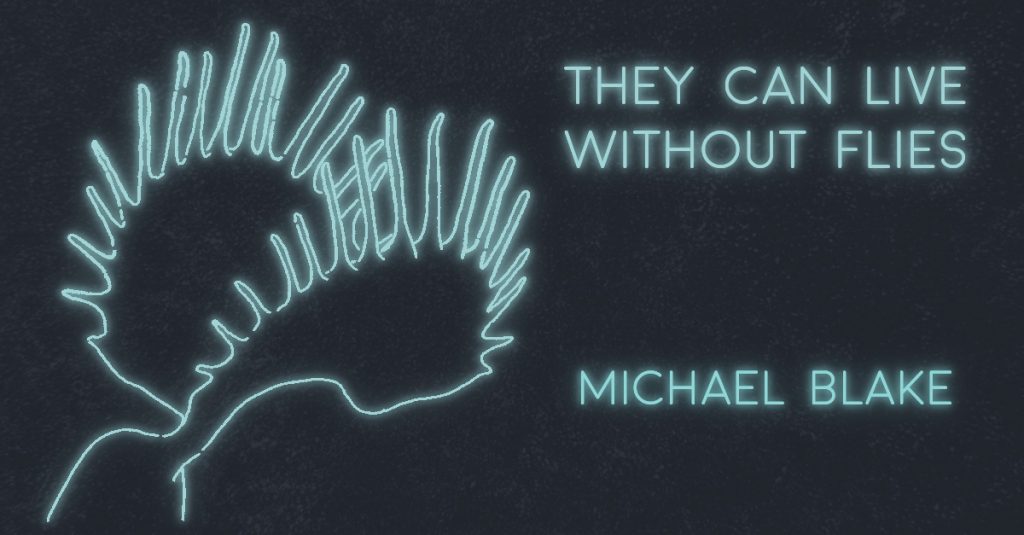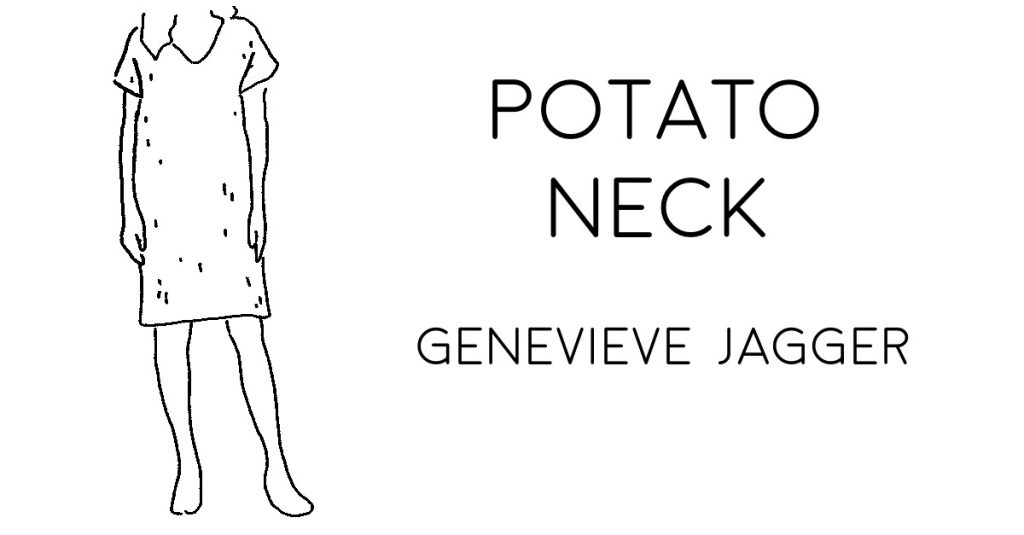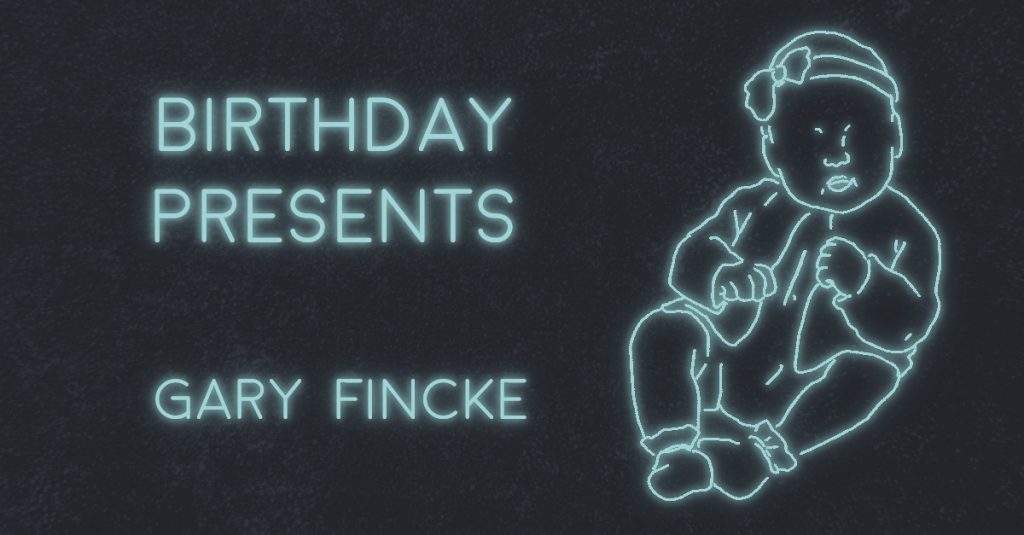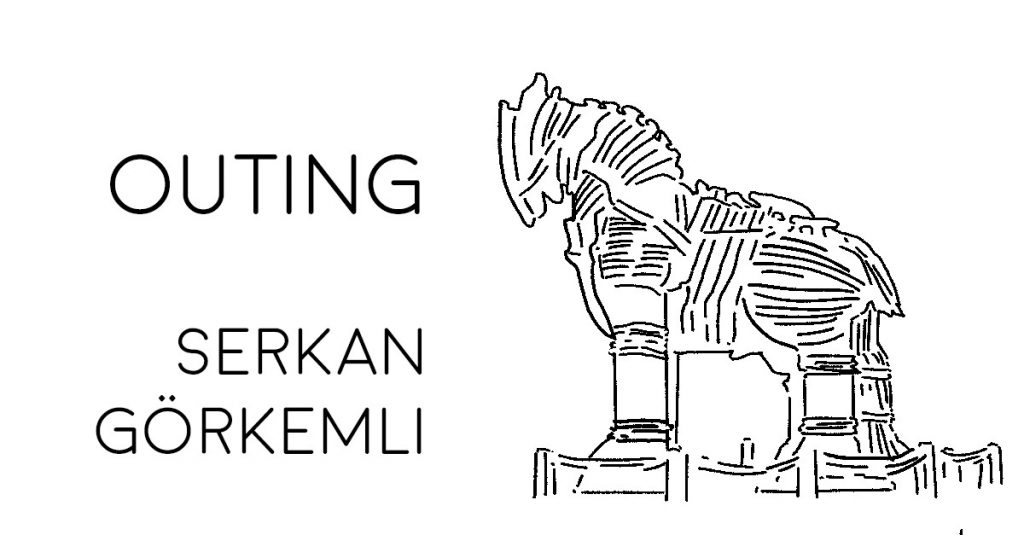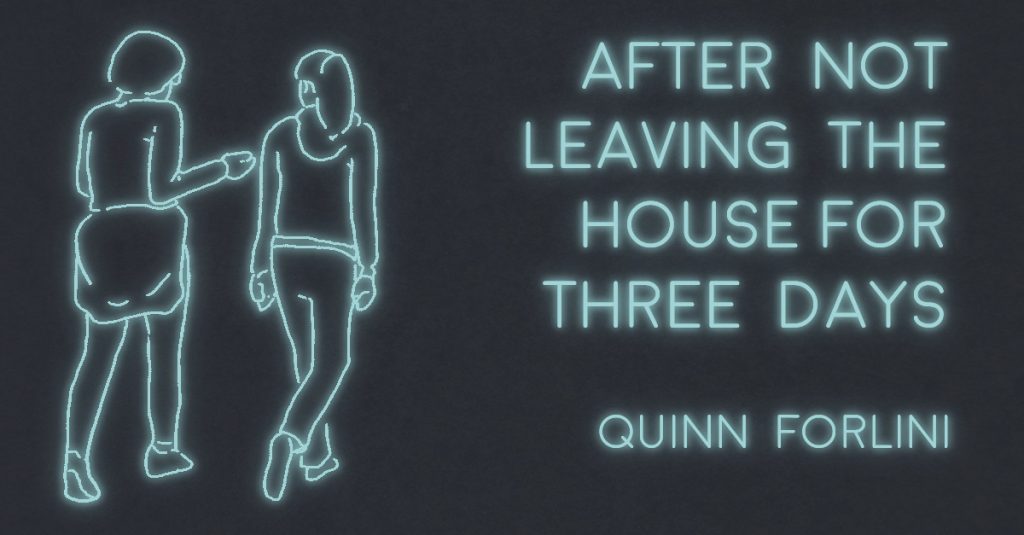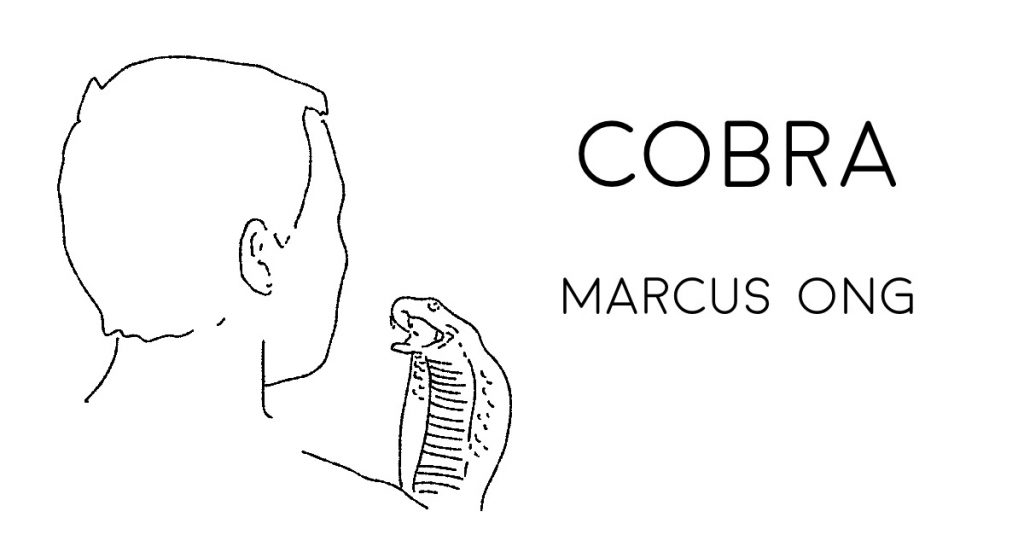
COBRA by Marcus Ong
At two in the afternoon, she hears a bang like a gunshot. Eugenia peeks out her bedroom window. What’s visible to her: the Tangs’ barbecue pit, their garden shed, their kidney-shaped pool. She counts dead oval leaves trapped on the water.
Must be the Tang brothers lighting firecrackers behind the shed again, she thinks. They’re always plotting to give the birds a heart attack. Forefingers stuffed in her ears, she wonders why the brothers aren’t studying, and from where do they get their sadistic toys? But if the Gohs across the street managed to smuggle in flamingos to chain to a tree in their backyard, what’s a few firecrackers? What about the Xias down the road who somehow had the Deputy Prime Minister over for durians and macarons? Mummy has warned that she must never mention this to anyone.
Eugenia exits her room.
By right she isn’t supposed to come out until she’s confident of acing tomorrow’s English test, but how to concentrate when tonight Daddy’s appearing on live TV, all fake-tanned and dressed as Aladdin, kissing a poisonous cobra?
Never mind grammar; she’s going to pray.
She hops down the marble staircase. She strides over to the kitchen. She seeks out strawberries and blueberries and Hershey’s chocolate bars from the fridge. She loads up her plate and sock-slides into the living room where she taps Spotify’s icon on the iPad mounted on the wall.
The air-con hums alive and the lights dim. John Mayer, her one and only, starts plucking at his electric guitar, singing Slow Dancing in a Burning Room. Eugenia sighs. She plops on the sofa and closes her eyes and clenches her fists as if she’s in church.
Please don’t let anything bad happen to Daddy.
Eugenia takes in a deep breath.
Daddy’s a really beautiful human being. No thank you, is what Daddy always says when Mummy offers him a cigarette.
Eugenia knows she is lucky; she can’t recall the last time Daddy raised his voice at home. What’s more, Daddy invites grandma over for dinner on Sundays and prepares her favourite PuEr tea. So sweet! Eugenia pictures everyone sitting in her own living room in the future. Sitting crossed-legged on the carpet will be Johnny M, who should be an old man by then, and she’ll pay him handsomely to teach her music so she can sing for her parents. Because once Eugenia was rushing homework upstairs when she heard music downstairs: it was Daddy with grandpa’s old harmonica on his lips. Daddy was blowing softly, filling the house with sweet but melancholic tunes, making Grandma weep; he’d played it in a way you either caught all of its tenderness or none at all. It was more or less the most beautiful thing she’s ever witnessed.
Eugenia opens her eyes again, smiling.
She extracts a yellowed copy of Frankenstein from under Daddy’s Jodi Picoults and Danielle Steeles stacked on the round, heavy coffee-table.
She bites into a fat strawberry and a seed gets stuck between her teeth. She dislodges the seed with her tongue and spits it onto the carpet, which prompts the Roomba to dart out from under the sofa—suck-suck-suck. She squeezes the bookmark. She narrows her eyes. Soon the plot thickens, and things turn creepy; the icky-yucky monster with a bolt through his head feels hated and lonely; it didn’t ask to be born!
Eugenia looks away from the page.
Silent in the driveway is Daddy’s three-month-old Ford Focus. Has rehearsal ended early? she thinks. He’s back to say good-bye-I-love-you?
She touches wood and shuts her eyes again.
But still, she sees so vividly Daddy purpled with snake poison and gasping for air, and the teeth-gritting fanfare refuses to stop. Why can’t he just quit? she thinks. Year after year. Why the need for fear-factor? It used to be just singing and dancing. She remembers Mr. Tang next door, who runs the charity show, talking about star power on the TV news. First, they immersed Daddy in an ice-filled container, which took months and months of endurance training. Donations, the newspaper said, struck a new record. Talking about five point eight million Singapore dollars, that sort of record. All her schoolmates started calling Daddy a hero, and for a while, Eugenia got some precious attention.
But she knows that her Daddy has been taking glucosamine pills for his knees, and that last year he had a bypass done, and that same year they made him balance atop a five-storey pole for two hours! If only outsiders realise how tough it gets at home; Daddy always loses his sense of humour during training season. She recalls him sitting through four SpongeBob SquarePants episodes with her, and he didn’t even laugh once! All he did was nod. He nodded when Mummy said, “I love you?” Eugenia was spying on them from behind the fridge. She saw Daddy spill a little whiskey into his coffee.
Is nodding good or bad? she asks herself. Daddy said that nodding too much could sometimes annoy people, even if your intention is to preserve the peace. What was Daddy hinting at? Was it wrong of him to have nodded when Mummy woke up one fine August morning those many years ago and said she wanted a child but didn’t want to go through pregnancy and labour? That was how Eugenia came into the picture. Also, is it even humanly possible not to find SpongeBob funny? she thinks. It’s like sneezing with your eyes open!
Oh no.
Is Daddy back early because he’s found out that she’s been using his credit card to shop online? But only because it’s so boring at home. So quiet always. Jumping, jumping to see if she could touch the ceiling fan with her fingertips. Yesterday afternoon was spent like this, so lacking in definition, and she wonders why Mummy has to slave at KPMG, always coming home late, like twelve-midnight late, even when Daddy’s already famous and makes quite a bit. Nobody has time to take her to places of interest her classmates often advertise in class: Mandai Zoo, Jurong Bird Park, Sentosa Island, Botanic Gardens, Haw Par Villa. Eugenia wants to watch Disney on Ice. She wants to catch Lion King Live. But suppose word from the grapevine’s true that Daddy might earn a bit-part role in a new Hollywood film—which would make him the first local actor ever—then it’ll be a year of filming in the USA. That means he won’t have time to take her anywhere. And it all depends on whether he wins Best Male Actor at Star Awards this year. Daddy totally deserves the award, Eugenia thinks. Even the pundits agree with her. Because he recently played this anorexic with kidney failure battling demons, and it seemed so real! He’d worked so hard for it; he ate so little that his hair started falling out! So much so that Uncle Jerry—Daddy’s buddy and long-time agent—started booking hair transplant sessions for Daddy.
Eugenia wants to laugh: maybe Uncle Jerry doesn’t understand what Daddy was trying to do, but it’s called method acting. Like what Dustin Hoffman did for Rain Man. Eugenia Googled it. Gotta buck up, Uncle Jerry! She can’t always be the one coming up with fresh ideas. Like suggesting Mummy and herself go on a keto diet at home so Daddy won’t feel so alone. She doesn’t get why Daddy would say no, no, no—no keto diet, zone diet, vegan diet, and whatnot. He said it would give him more sleepless nights to think about his Queen and Princess not eating as they please. “Stop this nonsense,” he said. “Stop it right now. Damn it!” Look at the shadows under his eyes, darker than coffee stains, heavier than storm clouds. “Listen,” he said, “Listen. Something’s seriously wrong with this fucking industry. Let’s pack up and go. We’ll start anew. Yes?”
“No,” said Mummy.
“Is Uncle Jerry coming with us?” asked Eugenia.
The whole multi-purpose hall is wrapped in the smell of sweat. Out of all four corners boom Eye of the Tiger on repeat. Jerry is slouched, snacking on an Old Chang Kee curry puff and watching the Honourable Tang go up and down the hall, saying to one actor and then another, I admire you. I admire you and the goodness of your heart—Jerry imagines that is what Tang would say.
Jerry turns his gaze to Maximilian Hao, his buddy, who is whispering to an actor nursing rope burns, and both actors shoot glances at Tang, who is now saluting the portrait of the President and First Lady hanging high up on the wall. Tang then wiggles his finger at his PA, and the young, buck-toothed man hurries over, dropping his notebook, picking it up, and then dropping it again.
“Cancel golf and Jujitsu,” Tang’s voice echoes through the hall, over the music. “And my lunchtime auction. Get Fahmi to bring the car outside.”
Jerry studies his watch and mumbles to himself, Nap time. He stares at the PA’s lips as they move, and he thinks the PA might drop the notebook again.
“You young people,” Tang suddenly shouts, and the music stops. Everyone turns to stare. “Can’t you take one simple instruction without asking a thousand and one questions? You’re like my boys at home. When I tell them to stop posting pictures of expensive shit on Facebook, they have to first ask me why. Is it so difficult? To just listen? When I shot your grandmother to the top of my waiting list, did I ask any questions? Did I? Maybe now I should ask a few: Is she in possession of some regenerative superpower I should know about? Has she miraculously grown a new kidney? She no longer needs dialysis? If so, you must tell me. I have thousands waiting to replace her.”
Jerry gets onto his feet—but someone fear-farted—and Jerry sits down again. He scans the hall, looking for the culprit, who is none other than a pretty actress about to get shot in the back with blow darts.
The woman sinks to her knees and covers her face with her hands. Her PA hurries over with a cardigan and drapes it over her shaking shoulders.
“Mr. Tang,” the actress says. “Can you assign me to do something else? Please? I can talk. I’m good with the mic. Let me host the show. How much are you paying that Taiwan guy? I’ll pay you back exactly, and then I’ll host for free.”
“You’re telling me this at final rehearsal?” Tang says.
“Or how about one thousand jumping jacks? It’s funny. I swear. I read somewhere that humour can spur people to donate. No, actually I’ve seen it. In—in the UK. Red Nose Day? Two thousand jumping jacks?”
“We’ve gone through this, Jeen.”
“Please.”
“You and blow darts have to go together.”
“But why?”
Stop asking questions, Jerry thinks of shouting across the hall. He knows that Tang is about to take out her contract and tell the actress to suck a thumb. And she would have to suck her thumb. Because Tang would ask her to. Jerry shakes his head. Why can’t these people see that they’re the ones being done a favour? The more sickening the stunt, the higher their popularity rating shoots. By-product? Lucrative endorsement deals. It’s a no-brainer. There are young newbies willing to jerk Tang off under a table just to do pull-ups over a tank of swimming piranhas on Tang’s charity show. Next thing they know, they’re on prime-time serial drama. The newbies win Best Newcomer, and they come back again for more stunts and win Best Supporting Actor. Maxi had understood this early in his career. And these days Maxi appearing on screen alone guarantees a thousand calls, the show’s statistician had informed Tang, who then clued Jerry in. The moment Maxi’s lips touch the cobra’s head? Double the figure? Triple? Who knows?
Jerry wonders if the actors have heard: Tang is taking a hiatus. Someone else will have to come up with the bombastic innovations now. A claw-machine? Jerry can feel tears in his eyes: he was the one who tipped off Tang that an audit was coming, that The Straits Times smells something. Sure enough, Tang’s CCTVs captured journalist and cameramen snooping outside his home, where his wife and children eat and sleep. And Tang had to pay Jerry and Fahmi extra to muscle those pests away and drive all six cars out to some warehouse to hide them.
Hello, California.
Hello, brand-new start.
Jerry was at Tang’s family dinner when Tang announced to his boys the grand plan.
“Fuck O Level,” Tang said. “You’re taking SATs. And fuck your friends. You’re making new American friends. Pick up an accent, go ahead. Whatever. Play nice, learn to play baseball. Forget the ninth of August. We’re going to celebrate Fourth of July. As a family.”
Tang then flashed a pair of tickets to the Super Bowl and ComicCon, just in case. He promised the boys Mustangs when they hit sixteen. But the boys started cursing at their father. And Tang just sat there with an abalone in his mouth, unable to swallow, and Jerry excused himself to the bathroom where he sat on the toilet and listened to the shouting and screaming and shattering of plates.
Jerry spots Maximilian leaving his station and striding over to Tang.
“Maximilian Hao!” Tang screams, “If you leave your station without permission one more time…”
Shit. Shit. Shit.
Jerry puts away the curry puff and touches his hair. Maxi is going kamikaze! Jerry tries waving at his buddy but gets no response.
Maximilian removes Jeen’s cardigan.
“This is the reason,” Maximilian says, pointing to the scar on her back which looks like a decayed leaf. “Top Dog here wants the audience to think you got it from stunt training.”
“I got this at a playground when I was twelve.”
Maximilian smacks his forehead.
“All right, all right. Enough.” Tang pulls Maximilian aside. “Is this about the cobra? I gave you a choice, remember? Between that and—and—what’s the other thing?”
“Tongue and spinning fan,” Jerry whispers.
“Tongue and spinning fan,” Maximilian says.
“You trying to tell me something, Max? At least you had a choice. You think I didn’t see you kick the water cooler just now? Really think I didn’t see?”
“Was just trying to get it to work, Boss.”
“Oh, is it? Not trying to cause any trouble at all?”
“Why would I? We’re neighbours. Practically friends. Are we not?”
Now Jerry can hardly breathe. He looks out and sees Fahmi parking the car downstairs, next to the bonsai trees. So close, he thinks and hangs his head. He mumbles, Bastard. What good is it to burn bridges now? What about Hollywood? Jerry had fought hard for tongue-and-fan. And he can’t understand why Maxi wants to stick with the snake. Why don’t clients ever fucking listen? Is Maxi able to predict what the snake might do at the critical moment? What if the snake suddenly decides it’s sick of Maxi’s face, bites him on the lips? Lots of capillaries there. Sensory nerves. That’s why kisses feel so good on the lips. Maxi must have forgotten how it feels. Maybe Maxi should stop trying to play hero and pay more attention at home and shower his wife with honeyed words every once in a while. Maybe Maxi needs marriage counselling. Or are celebrities too high and mighty for it? Sometimes it’s easier not to take yourself too seriously, Jerry thinks. There’s no need to kick up a fuss every time Sammi compares him to a bowl of gloopy porridge in front of the therapist—all you need to do is nod. Look at how perfect things are now: he gets to kiss Sammi in the morning and actually enjoy it.
He knows that Sammi can’t wait to relocate to Malibu; she’s been yapping nonstop about waking up in a house by the sea. In the not-too-distant past, Jerry would have brought up Africa and its starving children, and, waving a hand, told her to get some perspective. But now, having seen her so brave, not collapsing like a rag doll when she found out she had breast cancer four days after her father’s funeral, Jerry tells himself he would lie on a bed of broken glass for her. Or—or samurai swords. He’d pull himself up twenty-three storeys using rope and pulley. But he can’t. He’s only an agent. Who, contrary to popular belief, despite his glamorous job title, couldn’t even afford his wife’s mastectomy, and so he had to work part-time jobs, and on top of that, borrow money from Tang. And now Tang expects to be kept in the loop about what Maxi has up his sleeves.
“Let him be,” Jerry told Maximilian. “Don’t poke the hornet’s nest.” Because if Tang looks over now and gives Jerry the signal, well, that’s it.
Over. Finito. Habis.
“I got your contract Xeroxed upstairs,” Tang says. “And you know what it spells? Let me clue you in. Word starts with O, ends with an N. Or you need me to get Jerry to bring it down here?”
“Why don’t we both go to your office?” Maximilian says. “I’ll get Jerry to buy us some bubble tea. We’ll sit down, and we’ll talk.”
“You want to talk to me?”
“Problem?”
“You have any idea what kind of operation I run? You know how many people I save each year?”
“Tang,” says Maximilian. “Get this straight. This—what I’m doing here—is a courtesy call.”
Jerry watches both the men staring at him. He receives the signal like an arrow to the heart, and he is scratching at his cheek, craving for a cigarette. Sweet, sweet cigarettes. He bites his knuckles and thinks hard about Sammi. What kind of asshole is he if he still can’t properly quit after what happened to his wife? Just one puff? Surely she’ll understand the amount of stress he’s under right at this very moment; the weight of the world was resting on his shoulders. He’d agreed, shook on it, to do what Tang wanted to be done when Tang wanted it to be done; he knows what The Signal means. This man you do not burn, Jerry thinks. This is a man who has put half the nation’s talents on annual suicide missions and received awards for it. Also, what Tang wanted to be done could be done to Sammi too. Tang has other lap dogs—that PA who walks around with two left feet?
Jerry chucks the curry puff and dusts his hands and puts on his shoes. He does nothing for a moment or two, except watch Tang and Maximilian march out the hall, heading upstairs to Tang’s office. Then he rummages inside Maximilian’s backpack. He pulls out the face towel, the change of clothes, the 100-Plus, the Ziploc containing plasters and lip balm and hypertension pills and inhaler, dumping them all on the floor.
He finds Maximilian’s keys, the whole gamut: locker, car, gate, letterbox.
Clouds block the sun. The street is empty and largely in shadow. The dogs neglect to bark as he drives past the gates. Are those flamingos? he thinks. What the hell?
He hears thunder rumbling in the sky.
Good.
He clears his throat before turning the key.
He pushes the door gently.
Eugenia is on the sofa with a book on her lap. She stares up at him with big Tweety Bird eyes. Chocolate smudge on her chin.
“Hullo, Uncle Jerry. Where’s Daddy?”
Jerry bends down to remove his shoes, but thinks, why the hell bother? What if he needs a quick escape? His hands are shaking. How quickly can he fix his laces? And if his laces aren’t done properly, how soon will he trip and crash and black the hell out? And when he wakes up, he’ll wake up in the hospital, and one of his wrists will be cuffed to the bed frame, Sammi will be staring at him, her lips trembling, waiting for answers, waiting for him to explain why as of now two police officers are standing in the room. Which can only happen if they caught him lifeless like a scarecrow and were able to remove the balaclava he was wearing—
Oh, fuck me.
“Your daddy’s still getting ready,” he looks up and says. “Tonight’s the big night, remember?”
“Is he going to be okay?”
“Yes of course,” Jerry lies. “Your daddy trained really, really hard.”
Why are her eyes closed, fists clenched? Oh my god. Is she praying?
“Oh, Eugenia,” he whispers, and adds an affectionate shake of his head.
He leaves her alone and hastens to comb the bedrooms, toilets. To play it safe, he checks under the beds, spaces that have been converted to graves for squeaky toys orphaned by the girl.
“Anybody else home?” he shouts from the pinkest bedroom in the house.
He goes downstairs. “Where’s your mummy?”
Eyes pinched, Eugenia shrugs.
“Seriously, tell me. Where is she?”
“I don’t know.”
“You need to think harder, Eugenia. Did she leave a note on the fridge or WhatsApp you? Can you find out for me?”
The girl opens her eyes. “I’m not allowed to call her unless it is really an emergency.”
“This is urgent.”
“But I’ll get a scolding,” Eugenia mewls. “Mummy already said she’s busy. Busy, busy, busy. Busy with some big audit. I don’t even know what that means.”
Jerry rests his burlap sack on the coffee table and sits next to the girl. He pats her head. “Nom, nom, nom. Looks like someone’s having a private party.”
Eugenia blushes and offers him strawberries.
“Is that John Mayer?” he asks.
“Yup.”
“He’s got some mad skills.”
“I know, right?”
“Did your daddy ever tell you that he and I met Mr. Mayer before? If I recall correctly, it was about two years ago. When he came to perform in Singapore. And your daddy got Mr. Mayer to autograph his guitar.”
Eugenia grabs her skirt. “Why he never tell me?”
Yes, why not?
Because it was the right thing to do.
Because Maxi always does the right thing, doesn’t he? Choosing to auction the guitar for charity instead of giving it to his daughter. Jerry stares at the poor girl biting her lip. Why the hell is he telling her this? What kind of monster does that? As if the physical harm he’s about to do isn’t enough, he has to amp it up with psychological ones. Now the poor lamb’s going to think her daddy doesn’t love her. Now—
Jerry’s phone beeps.
A message from Mr. Tang: Chop-chop.
Jerry, with a heavy heart, opens the burlap sack.
“What’s that?” Eugenia asks.
“Halloween costumes for us.”
“Halloween is still like months away.”
“Yes, yes. But you know how your daddy prepared for months and months for his acting the last time?”
“Until it was perfect.”
“Exactly.”
“So what we gonna be?”
“We’re gonna try hostage.”
“Okay, I’ll be Kidnapper. You be Hostage.”
“Unfortunately, I can’t be Hostage.” Jerry shows the girl his fists. “Look, they are big like rocks. The cable ties I brought are too small. Come, gimme your hand. Let me see if it fits.” And he fastens the cable around her wrists. “Perfect. Now your legs, please.”
Eugenia tips to the side like an egg. She giggles.
“Okay, now open your mouth.”
She opens her mouth.
“Bigger.”
She widens it until her jaws hurt.
“Some more.”
“Uh-uh.”
A bundle of firecrackers goes in.
Jerry pops his Zippo and strikes the wheel. He floats the flame as close as he can to the fuse without igniting it. “Say cheese!”
“Heeee.”
Jerry snaps a picture and sends it over to Tang.
Meanwhile, John Mayer is allowed to sing another song or two. But when the music stops, Jerry doesn’t refresh the playlist. He doesn’t like that Mayer fella, actually, who’s so smug. All Jerry wanted was a photograph together, but this snob would rather die than give. And Maxi gets to be on a first-name basis with him? Jerry squeezes an orange cushion shaped like a spaceship and rises from the sofa. Why is life so unfair?
“Don’t move, okay?” he tells Eugenia and helps himself to chilled cucumber water in the kitchen. He drinks in silence, reads the to-buy list pinned to the fridge. Steak, cheese, fish, ice-cream, scallop, chocolate, nougat, macadamia nut, cherry tomato, olive, strawberry. “Scallops,” he says to himself. He washes his own cup, for old times’ sake, while staring at the list—
Thud!
He hurries back to the living room.
Eugenia is on the carpet, wriggling, cheek flat on the carpet.
He flips her and holds her by the shoulders. “Are you okay?” he asks and heaves her back onto the sofa and watches her tiny chest rise and fall. Her calves and feet are cold. “You want a blanket?”
He tries to sound cheerful and easy-going. But the girl shakes her head, sniffling and clearing her throat. She must be so confused that her brain hurts, he thinks. The pain in her jaws must be insane.
She’s tearing up!
Jerry can’t quite make out what she’s trying to say to him. She’s making sick-puppy sounds! He considers turning the music back on. He looks for the time and tries to shut out the whimpering noise by focusing on the clock’s hard ticking.
At six sharp Jerry snaps the TV on.
The show’s fanfare gives a warm welcome, promising a feast. Everyone, please, do not try this at home. Camera pans over to the live audience, zooms in on a B-lister walking across beams placed sixty-six storeys high. There is a burst of applause, and the donation hotline blinks on the screen. Meanwhile, another actor readies himself over a container swarmed with honeybees. A couple video montages come up: stricken-faced patients, contorted with worry. What will their victory be? A couple more reminders to dial and dial and dial. Then blow darts are driven into Jeen’s bare back as she shivers, her toes curling. Paramedics are on stand-by. Donations pour in. Jerry bites his lips. Another household name chains herself in a glass tank that is slowly filling with water while her sweaty colleagues jump through fire hoops and scale a scaffolded structure to retrieve the keys before she runs out of air. But still, the amount hasn’t quite reached Tang’s target. Climb motherchook climb. A commercial break. And finally, Maxi comes on stage. His face paler than a cauliflower. The numbers spring up a little, but then stagnate.
Jerry strikes the wheel, and the flame comes on.
The girl’s eyes are red and goggling. By now she knows they’re not actually goofing around. She has intuited what to look out for on screen.
Come on, brother.
Maxi kneels on stage.
The cobra is taken out from its basket.
Come on, brother.
Maxi crawls towards the cobra. They are now only a couple of inches apart, facing each other like hunter and prey.
Come on, brother. Hollywood is waiting.
* * *
Maximilian’s hair is wet with rain. He is exhausted but still makes his way to pick his daughter up from school. He smiles to himself, thinking of Eugenia at the breakfast table this morning.
She’d asked him, somewhat nervously, “Daddy, what is an intransitive verb?”
And he’d said to her, “Princess, it’s okay if you don’t pass this time. No one will blame you.”
Eugenia had looked at him funny and said, “But an exam is an exam.”
He sees Eugenia coming out now, dragging her feet, and she confesses to him right away that she couldn’t answer several open-ended questions in her English paper.
“I think I’m going to fail,” she sighs and starts for home.
Maximilian follows his daughter but struggles to keep up. He struggles to understand why she’s upset over this, but not a word at all regarding yesterday’s assault. He stays two steps behind and thinks of how his daughter has yet to see lions and orangutans at Mandai Zoo, and how her friends must have teased her about this. And yet she has never complained.
His daughter is tough, he suddenly realises, and perhaps more so than he is. This makes him so, so happy.
Eugenia stops and turns around. “Don’t tell Mummy?”
Maximilian smiles and nods. He sees a guard stationed outside the school waving at him, giving him the thumbs-up, and it takes him a while to understand what it’s for. Maximilian stands motionless for a few minutes, breathing deeply through his nostrils. He rubs the raindrops off his cheeks. He looks up and sees a plane and his eyes trail it until they begin to ache. He takes out his phone, checks it, and puts it back in his pocket. Then he quickens his pace and catches up with Eugenia.

